Keeping plants alive is actually not that difficult but having them flourish takes a bit of extra effort. Even if you do everything by the book, though, you may find that your plants pale in comparison to your neighbours’. The reason may be that your neighbours have a few tricks up their sleeve: tricks you wouldn’t have thought about. Here are some weird plant tips that actually work.
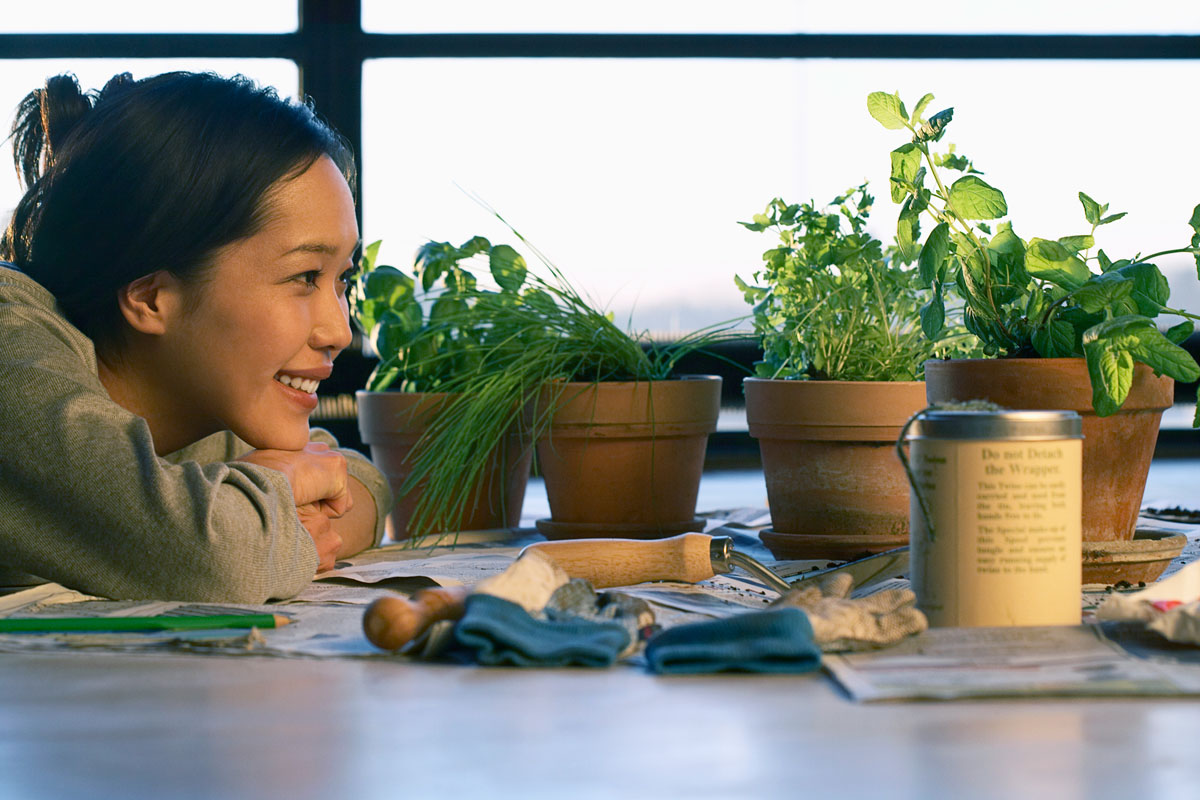
1. Talk to Your Plants
Talking to your plants does not only mean you’ll be talking to someone who actually listens; it will help your plants grow too. Numerous studies have shown that when plants are exposed to sound waves, they grow stronger stems. You can even take it up a notch and sing or play music to your plants.
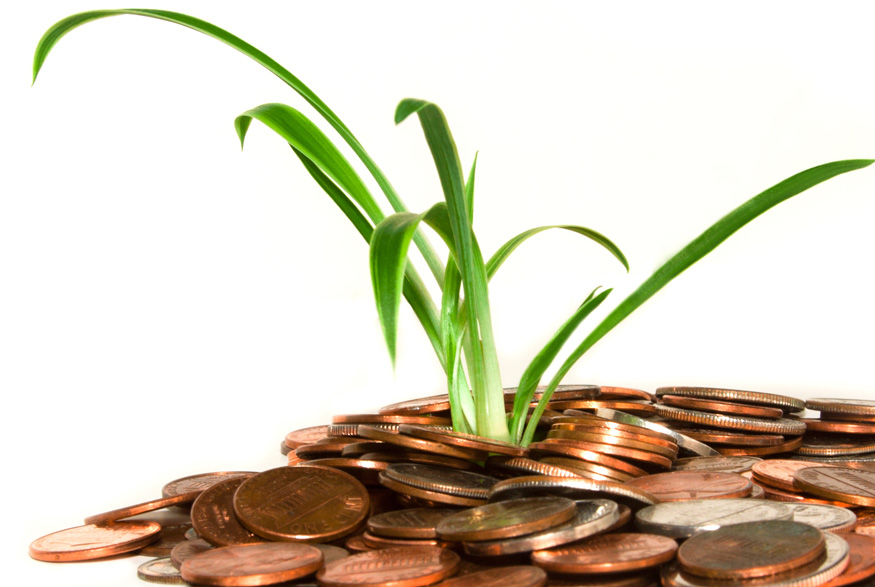
2. Plant Pennies
Many commercial fungicides contain copper as one of the main ingredients. A much cheaper way to kill fungal spores in the soil is to bury copper pennies, which will slowly release copper into the soil. Just make sure you choose pennies minted between 1942 and 1996, since they’re made of 98% copper.
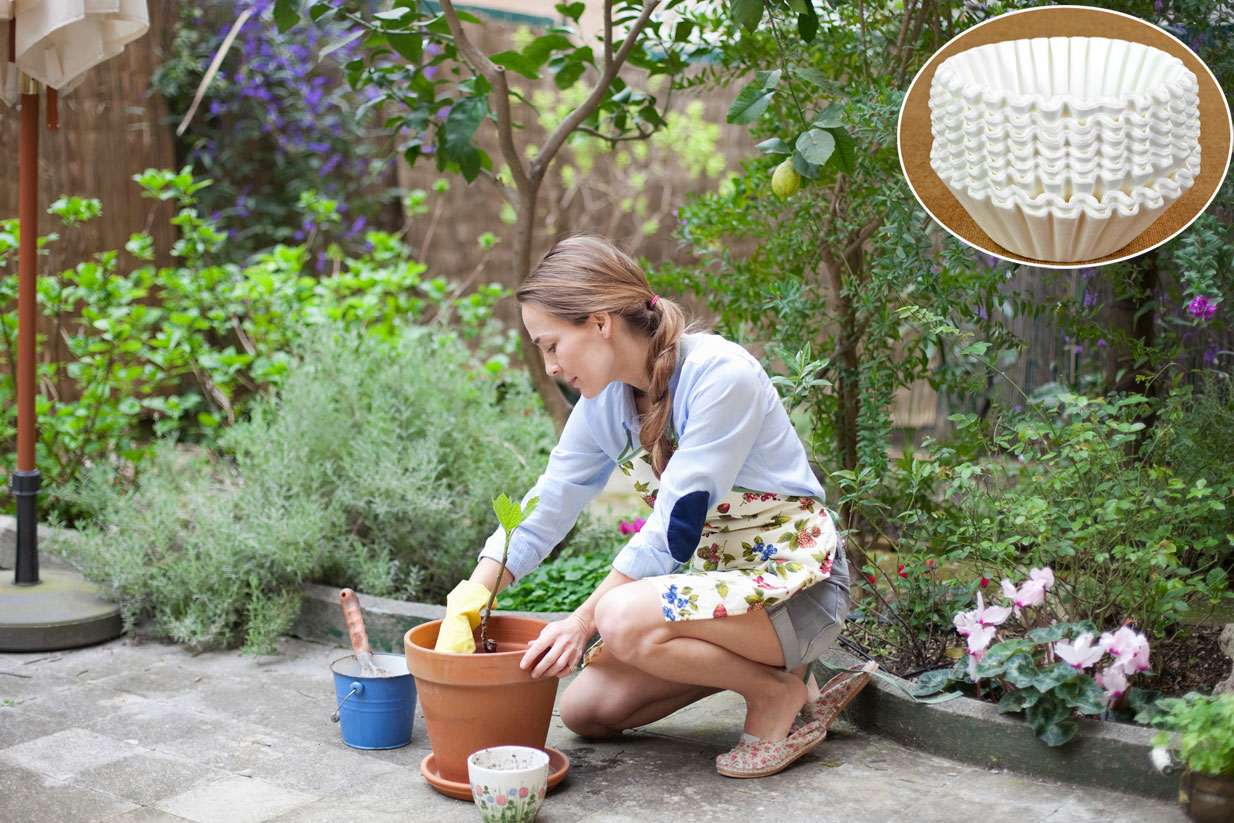
3. Use Coffee Filters With Your Potted Plants
When you plant something new in a pot, put a coffee filter in the soil and then place your plant in it before adding more soil. This will make it much easier to move your plant to a different pot once it gets bigger.
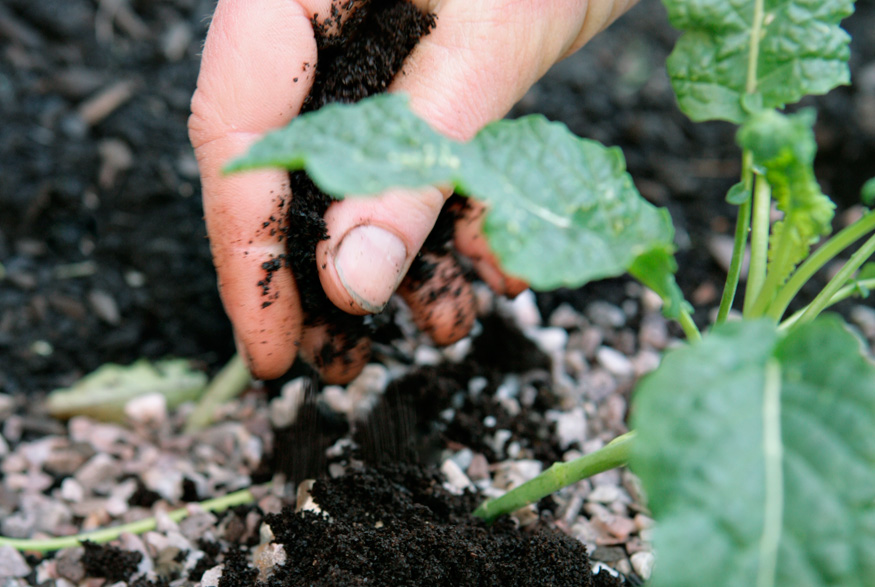
4. Use Coffee Grounds
Once you’ve had your caffeine kick, put the used coffee grounds in your composting bin for added nitrogen, one of the most important plant nutrients. You can also use rough coffee grounds as mulch and to deter slugs. Ask for used grounds at your local coffee shop: they might give them to you for free.
Related: 10 Summer Flowers That are Just as Pretty as Peonies
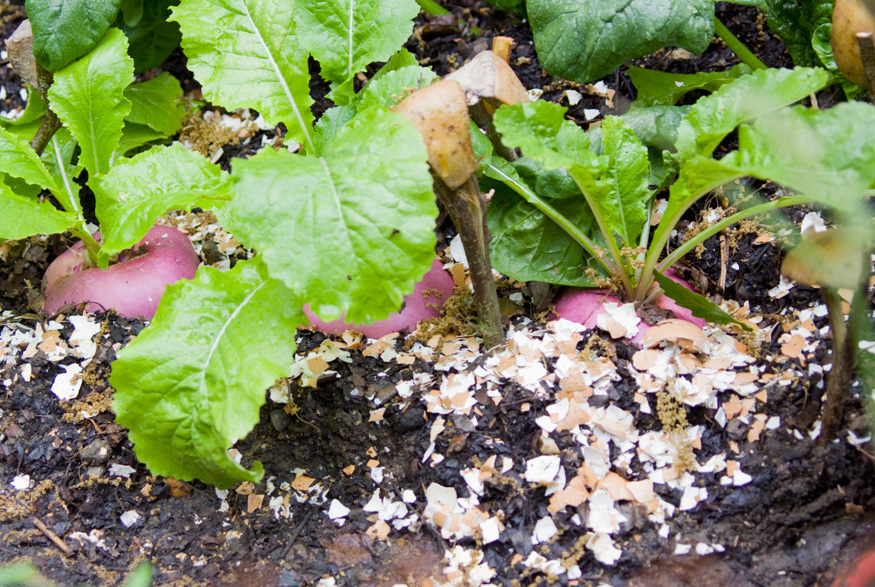
5. Sprinkle Eggshells Around Your Plants
Eggshells are a great source of calcium for your plants and are a must for your compost bin. However, you can also sprinkle pieces of eggshell around your plants to keep slugs and snails away.
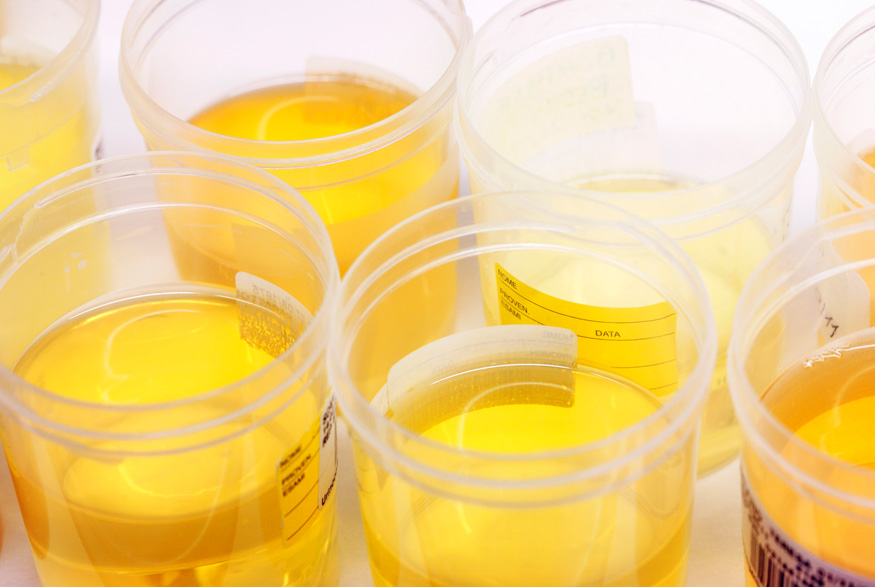
6. Pee in the Garden
Urine has a high nitrogen content which will help your plants grow lush, strong leaves. However, it’s best not to pee directly onto your plants since the salts in your urine may scorch them. One way to get around this is to collect your urine and dilute it with water before pouring it around the roots.
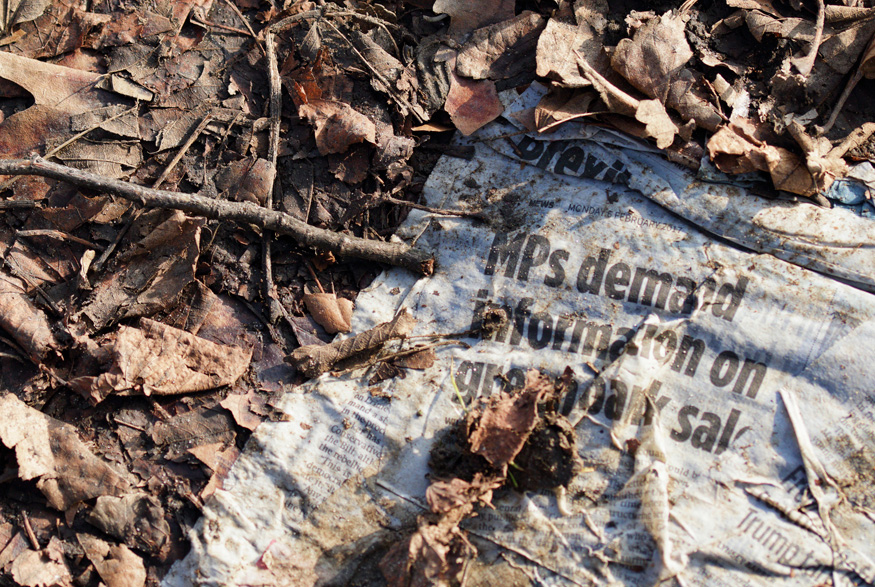
7. Bury the News
When you’re preparing a bed in your garden, spread some layers of newspaper onto the soil and cover them with mulch. The newspaper will kill suffocate any weeds in the soil and will retain moisture for the plants you want to grow. Newspapers are biodegradable too, so you don’t even have to remove them once you start planting.
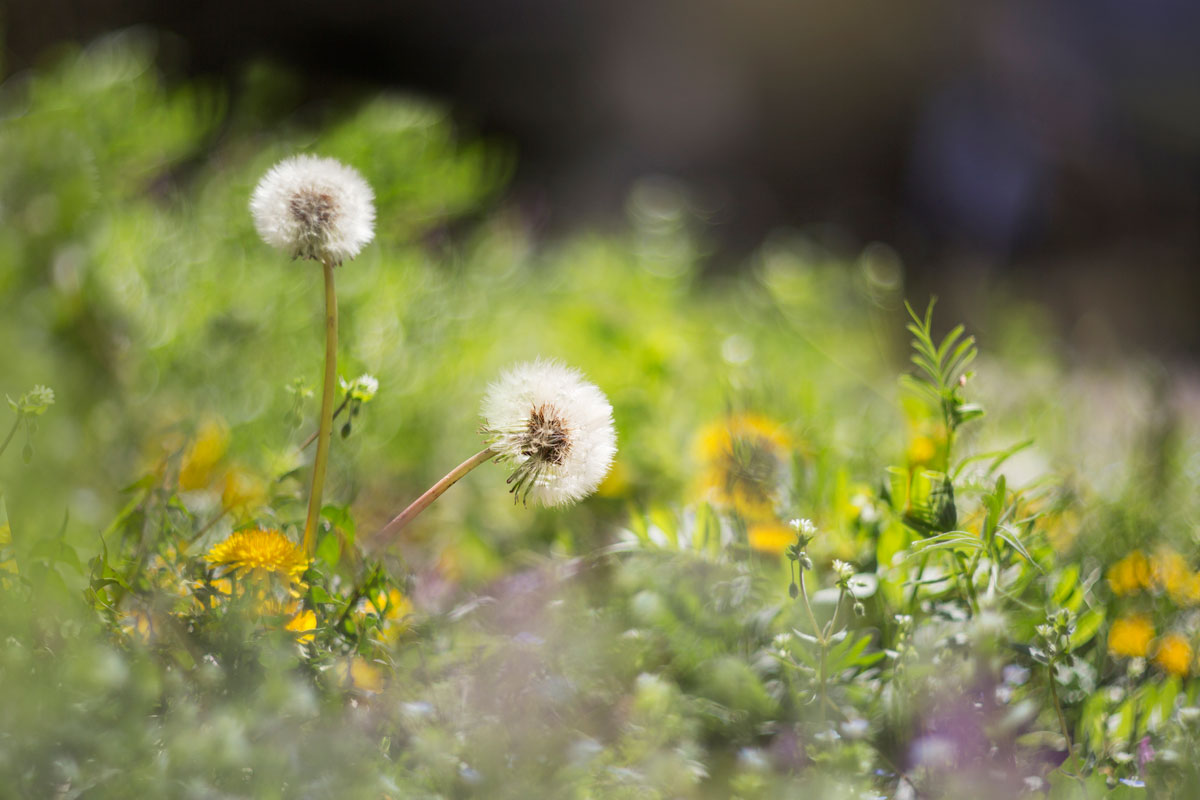
8. Use Vinegar
Vinegar makes a cheap, environmentally friendly weed killer. Simply spray it onto the weeds and the acid in the vinegar will scorch the plants, killing them within days. Afterwards, water the garden and sprinkle baking soda onto the soil to neutralize the acidity.
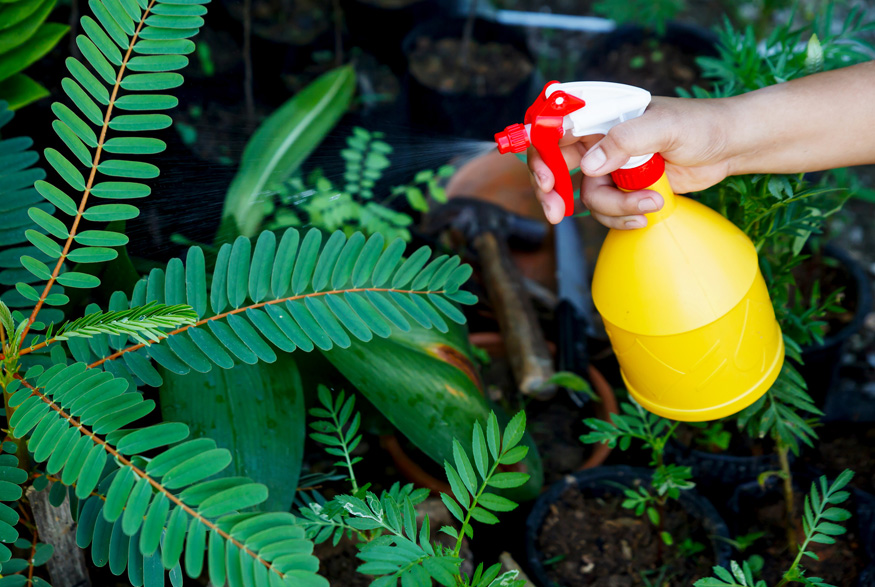
9. Use Weeds
When you pull out weeds, you can use them as a fertilizer. The way to do this is to cut them up and put them in water that you leave out in the sun. After a few days, the water will be full of nitrogen and you can spray it onto and around your plants.
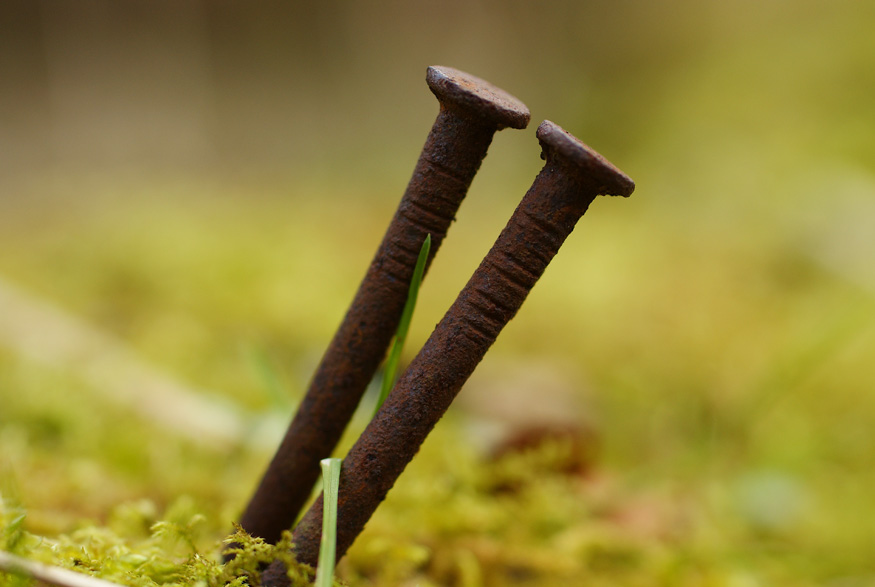
10. Fight Iron Deficiency With Nails
Plants need iron or they may develop symptoms like yellowing leaves. Ideally they need to absorb iron from the soil but if you need a quick fix, put some rusty nails in your watering can. These will add iron to the water.
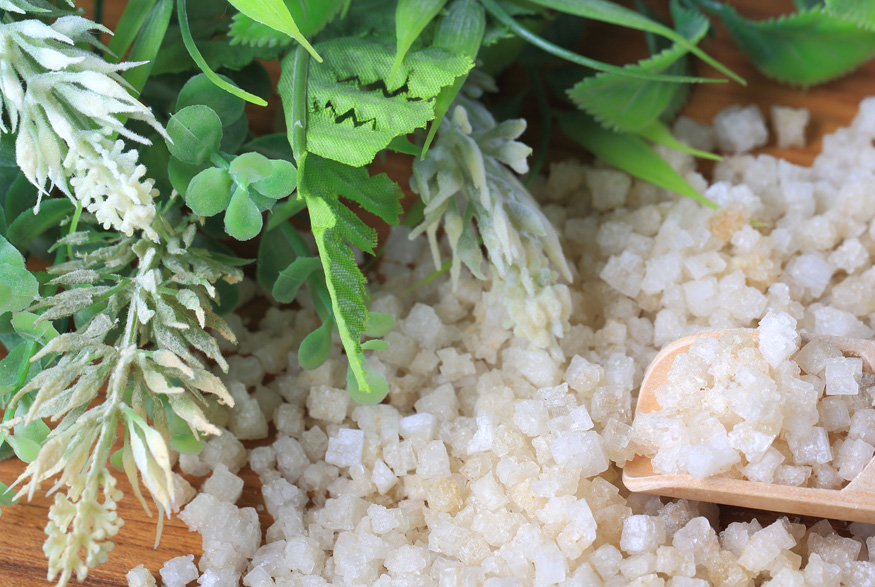
11. Sprinkle Epsom Salt
Epsom salt is magnesium sulphate, so it adds magnesium to the soil. Plants need magnesium for seed germination, healthy leaves and plentiful flowers and fruit. Epsom salt sprinkled around your plants will also help deter pests.
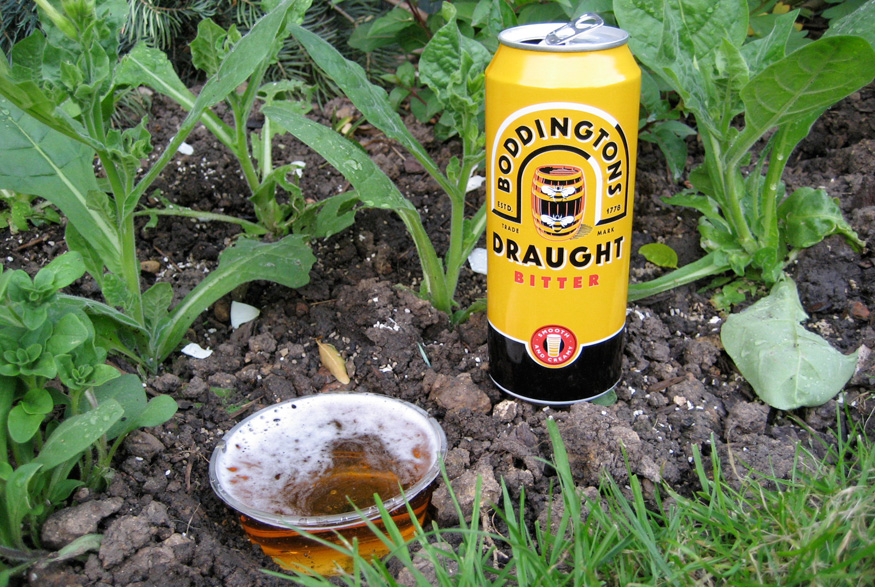
12. Make Beer Traps
Snails and slugs love beer. If you want to get rid of them, bury some containers in the soil so that their openings are level with the ground, then fill them with beer. The snails and slugs will try to get to the beer, fall in, drown and die happy.
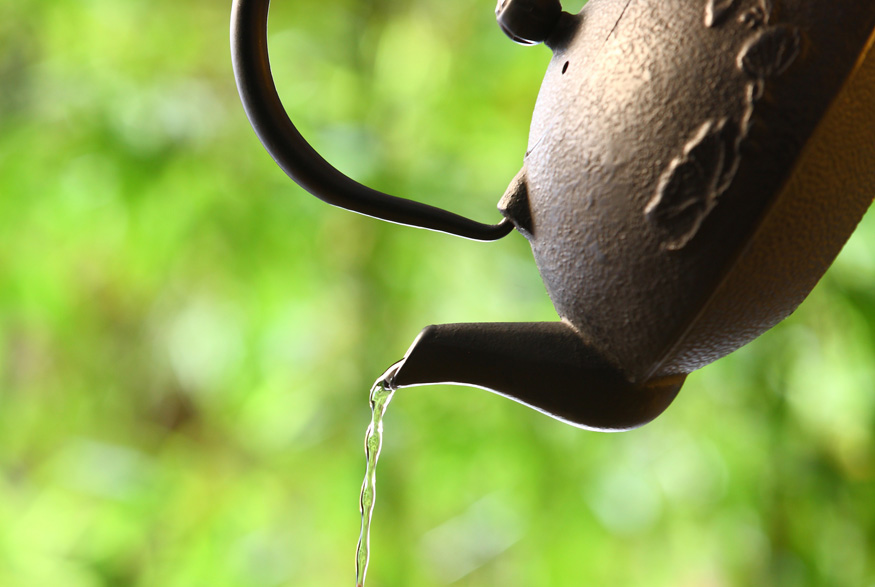
13. Scald Weeds
Use your boiling cooking water to get rid of weeds. Simply pour the hot water over the weeds and it will scald them.
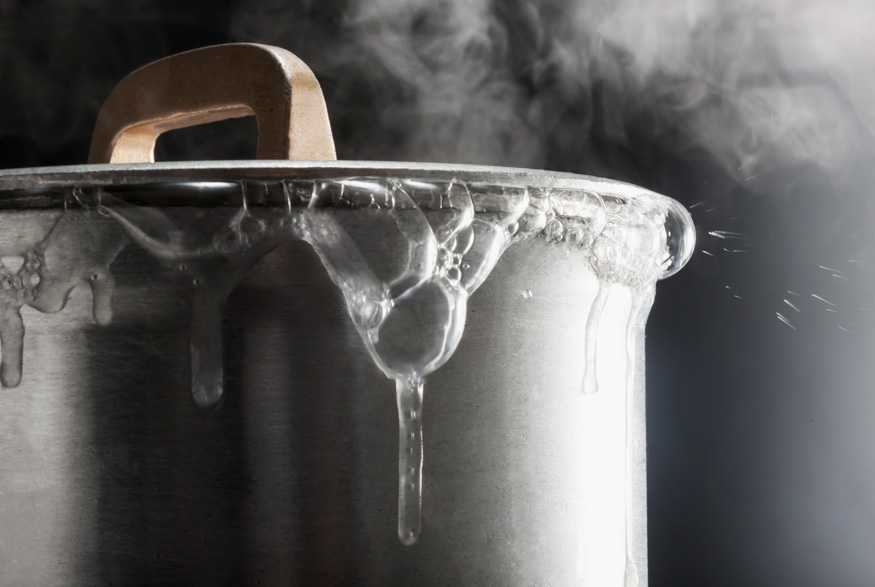
14. Feed Your Plants Your Cooking Water
Your cooking water is full of nutrients that can help fertilize your plants. Instead of pouring it down the drain, let it cool off and use it to water your plants. You’ll save water this way too.
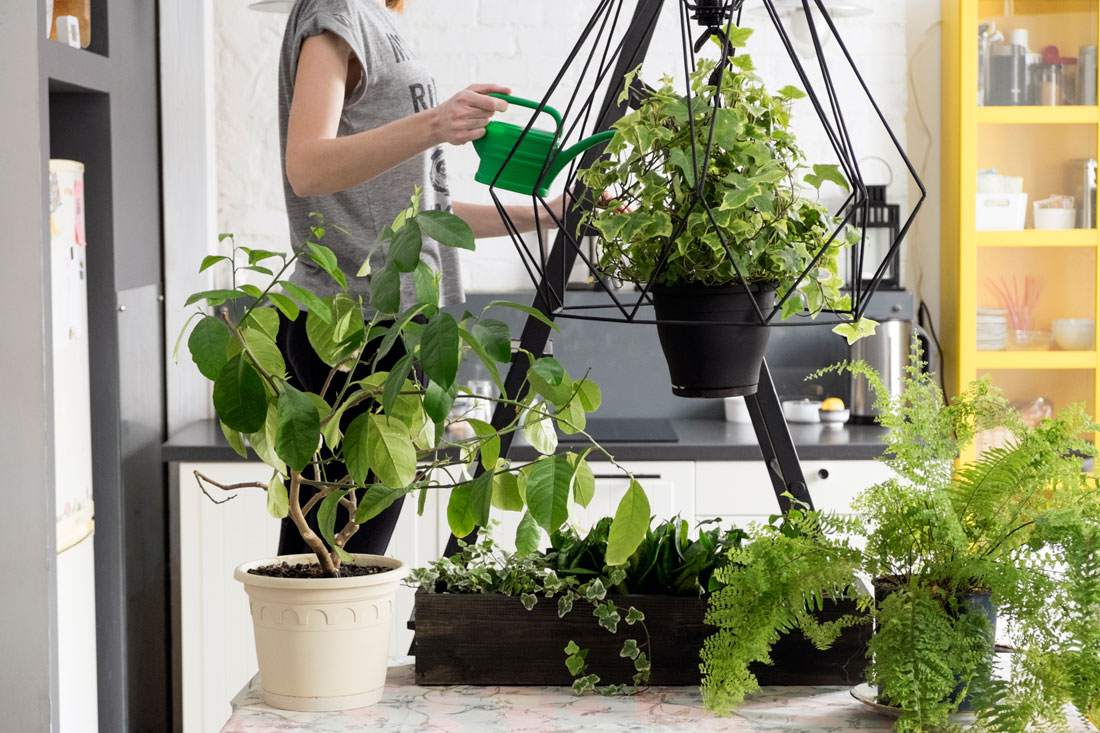
15. Give Your Plants Milk
Milk not only helps to combat powdery mildew but also provides extra nutrients. Dilute it with water and spray it onto your plants or around the roots. Some gardeners even inject it into the plant stems.
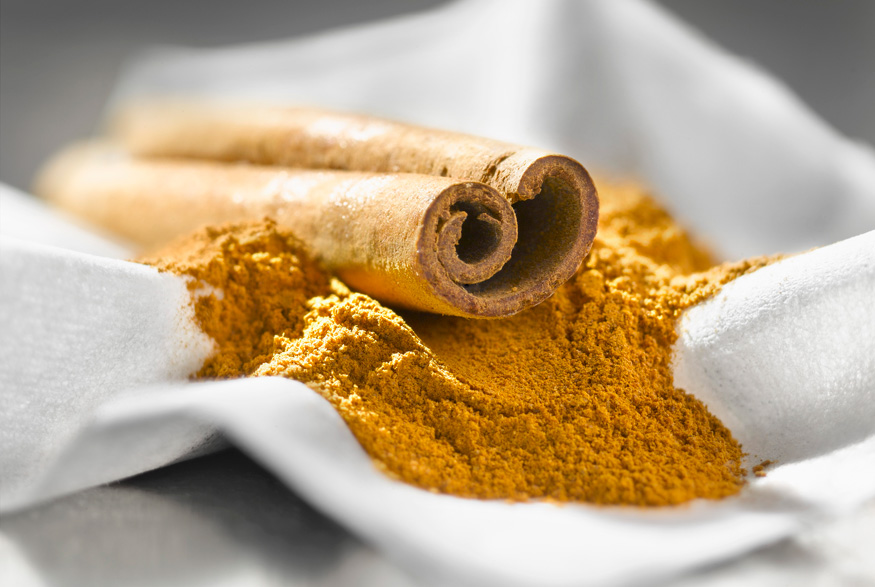
16. Sprinkle Cinnamon
Before you plant something, dip the roots in cinnamon. Cinnamon has antifungal properties and will keep fungi from attacking your plants. You can also sprinkle cinnamon onto affected plants to fight fungus.
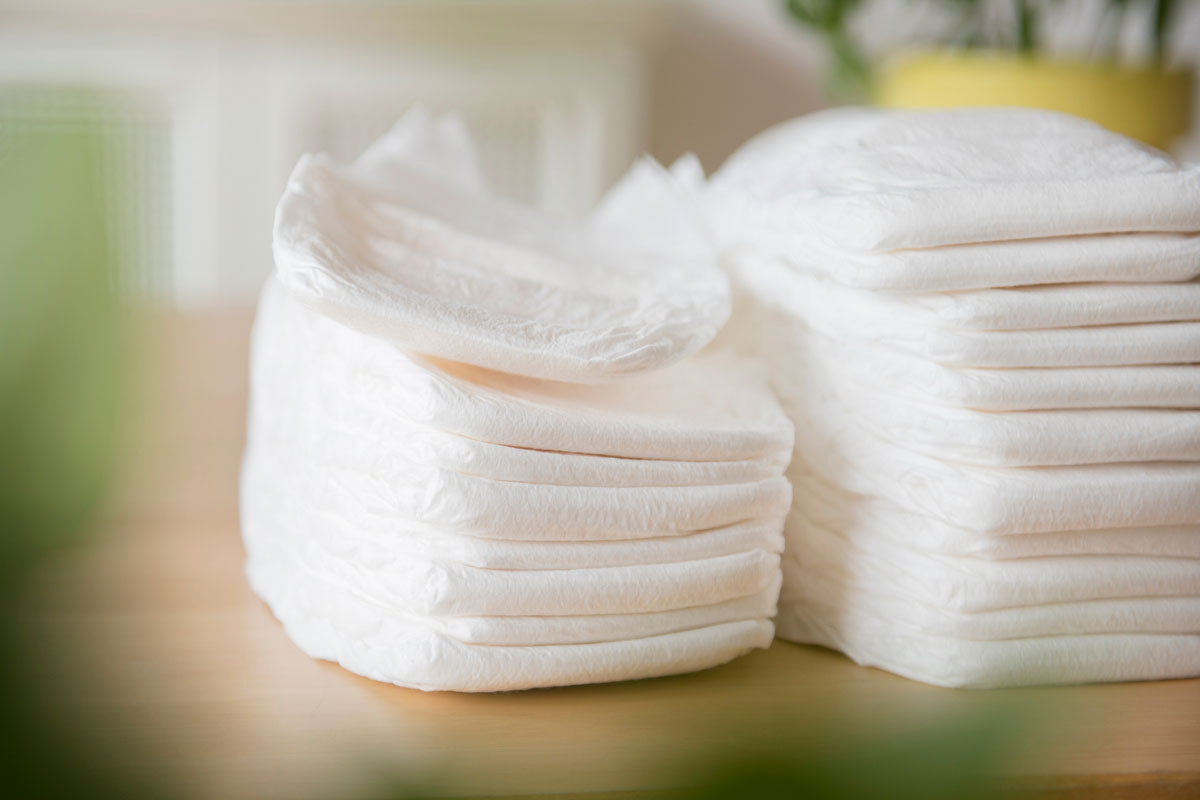
17. Use (Clean) Diapers in Your Potted Plants
The hydrogel in diapers will help the soil retain moisture. You can cut open the diapers, mix the gel with water and then mix this into your potting soil. Even easier is to simply pull off the outer layer and then place the diaper at the bottom of your container, with the absorbent side facing up, before adding soil.

18. Give Your Plants Aspirin
Aspirin contains salicylic acid, which helps plants to become more resistant to pests and diseases. Every two or three weeks, add an aspirin tablet or two to your watering can and let it dissolve before watering your plants.
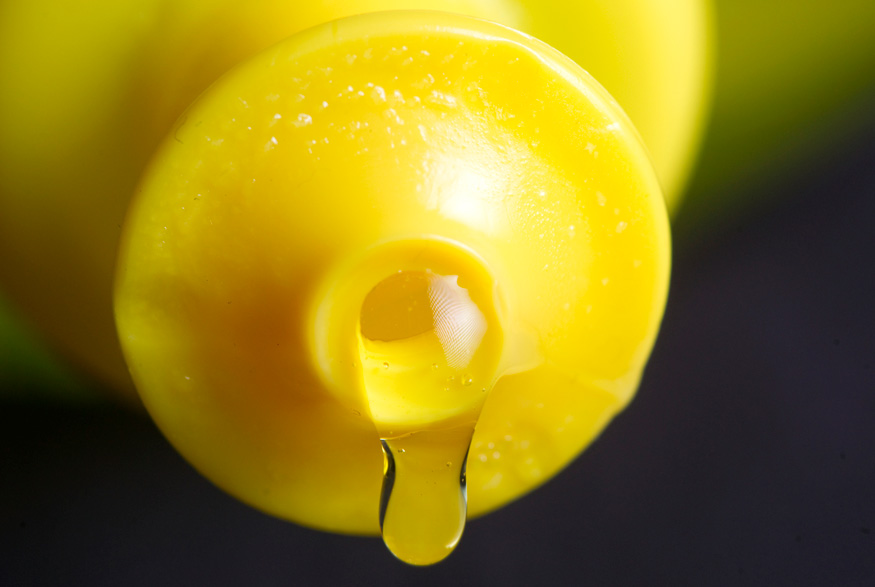
19. Use Dish Soap
Applying some dish soap to very dry soil before watering will break down the oils and wax that keep the soil from absorbing water. You can also add a bit of dish soap to your watering can. Dish soap has the added benefit that it will help get rid of aphids.
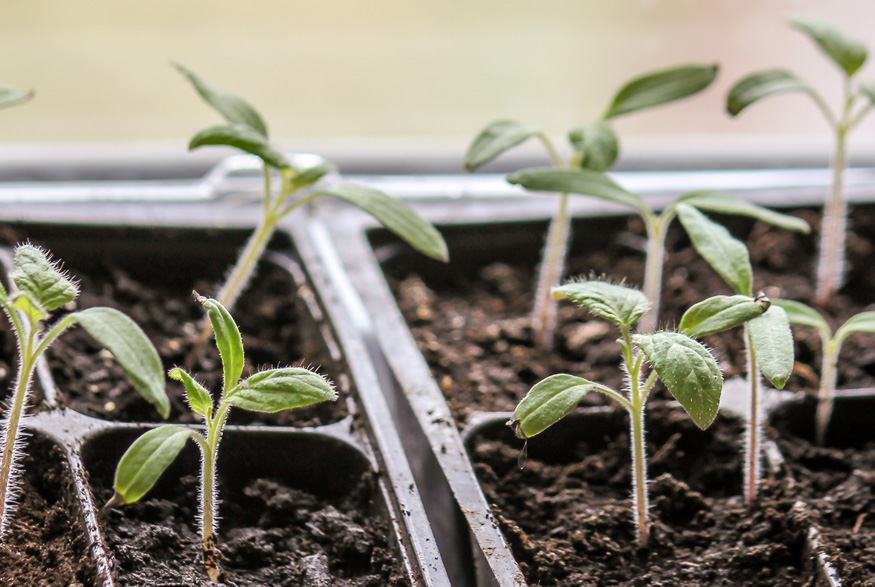
20. Give Your Seedlings Tea
Seedlings are vulnerable to becoming weak and yellow once you’ve transplanted them. To prevent this, spray them with some cold chamomile tea every day. Chamomile has antifungal properties.
HGTV your inbox.
By clicking "SIGN UP” you agree to receive emails from HGTV and accept Corus' Terms of Use and Corus' Privacy Policy.





